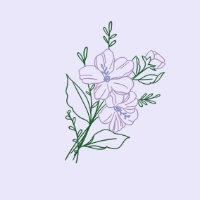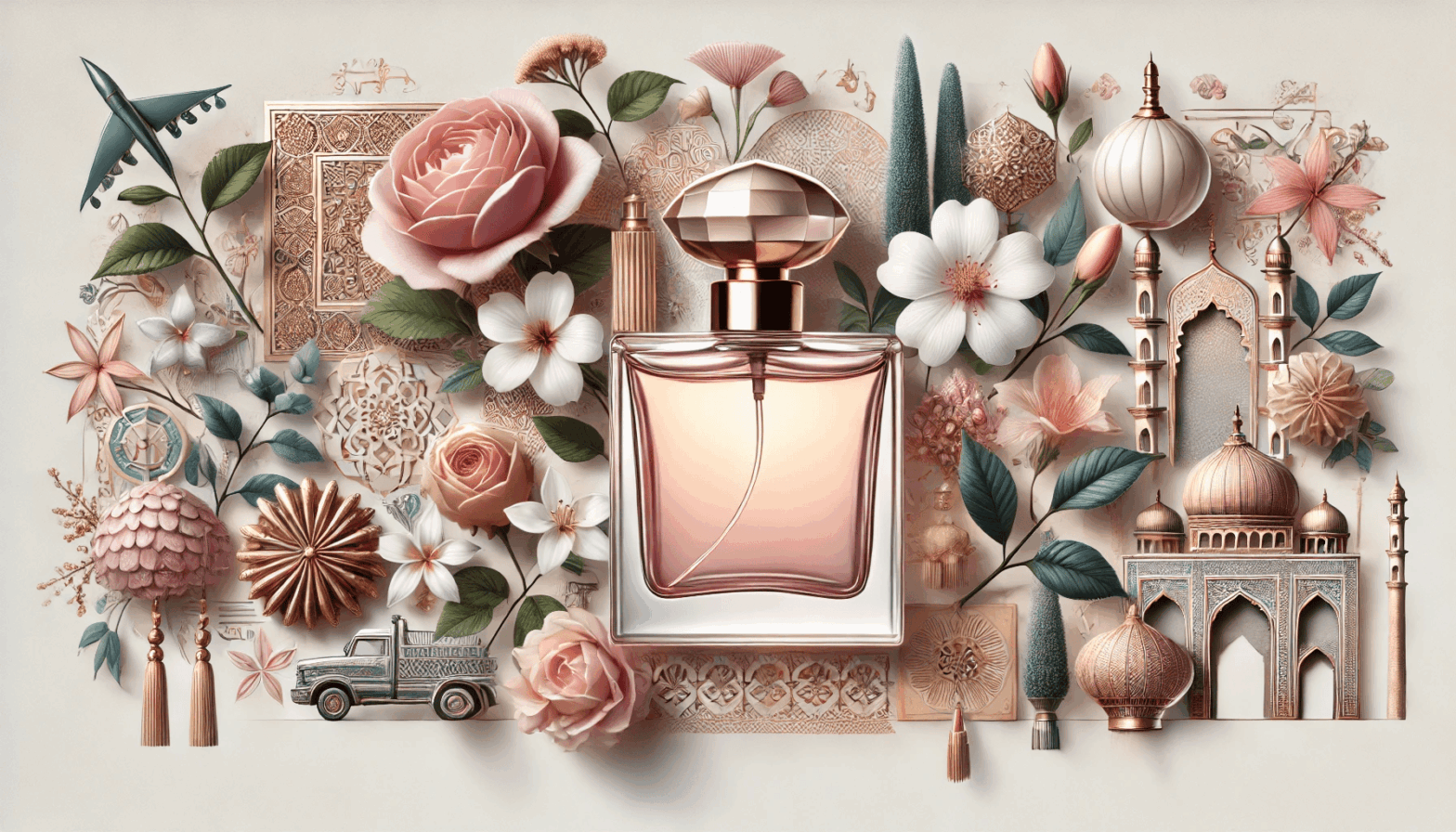Perfume samples act as cultural artifacts, revealing how fragrances shape perceptions of authority and self-assurance across societies. The interplay between scent and human behavior has fascinated civilizations for millennia. From ancient rituals to modern boardrooms, olfactory choices communicate status and intent. These invisible markers transcend language, embedding themselves into collective social consciousness.
Cultural contexts dictate whether floral, woody, or spicy notes symbolize power. In some traditions, heavy musk signifies dominance, while others associate citrus freshness with intellectual clarity. This diverse use of scent to represent complex ideas mirrors how floristry also conveys deeper meanings. Much like how a bouquet becomes a medium for intellectual expression, fragrance choices similarly communicate a range of cultural and personal values. Historical records show how perfumery reinforced class hierarchies, and this dynamic continues to influence perceptions of success today.
Modern psychology links scent perception to confidence levels in both professional and personal settings. Cross-cultural studies highlight varying tolerance for bold aromas in leadership contexts. As globalization blurs boundaries, fragrance houses adapt traditional formulas to meet evolving cultural narratives. This dynamic interplay keeps perfumery relevant in identity expression, much like how floristry continues to serve as a bridge between the ephemeral and the enduring. Both flowers and fragrances offer new ways to reflect on relationships and ideas.
Olfactory Hierarchies in Global Contexts
Ancient Egyptian priests used kyphi incense to denote divine authority during ceremonies. Scented oils in feudal Japan differentiated samurai classes, with rare ingredients reserved for nobility. These practices established early frameworks linking fragrance to social stratification. Modern perfumery retains echoes of these traditions through luxury branding strategies.
European aristocracy popularized bespoke perfumes as tools of political influence during the Renaissance. A monarch’s signature scent became synonymous with their reign’s ethos. Colonization later spread these olfactory norms to other continents, altering local fragrance customs. This historical diffusion explains current global perfume consumption patterns.
In Middle Eastern cultures, oud’s prominence reflects its association with wealth and hospitality. Contrastingly, Scandinavian minimalism favors subtle aromas to align with egalitarian values. These regional preferences influence how multinational brands tailor their sample collections. Fragrance sampling thus becomes a cultural negotiation tool in global markets.
Scent as a Modern Status Symbol
The psychological impact of fragrances extends beyond personal preference to shape professional perceptions. Studies show that individuals wearing classic woody or amber scents are often subconsciously associated with leadership qualities in Western corporate environments. This association stems from historical ties between rare perfume ingredients and aristocratic privilege. Modern marketing strategies intentionally reinforce these connections through campaigns featuring authoritative figures.
Cultural scent preferences reveal distinct patterns in associating aromas with confidence:
- Spicy oriental notes in the Middle East signal traditional values blended with modern ambition.
- Green tea accords in East Asia align with concepts of quiet resilience and intellectual authority.
- Leather accords in European cultures evoke images of seasoned expertise and gravitas.
These regional olfactory codes influence both personal fragrance choices and corporate gift-giving traditions.
Globalization has created hybrid fragrance identities that challenge traditional norms. Younger generations in emerging markets often blend local scent heritage with Western perfumery trends. This fusion reflects shifting power dynamics in multinational workspaces. Perfume samples now serve as tools for navigating these evolving cultural landscapes.
The Psychology of Personal Scent Selection
Individual fragrance choices often reflect subconscious cultural conditioning about power dynamics. A person’s deliberate selection of bold fragrances can reshape others’ perceptions of their decision-making authority in professional settings. This phenomenon bridges ancient traditions of scent-based hierarchy and modern self-branding strategies. Neurological studies confirm that certain aroma compounds trigger associations with competence and reliability.
In East Asian business cultures, subtle sandalwood notes are frequently linked to contemplative leadership qualities. Western executives might prefer crisp citrus blends to project approachability combined with decisiveness. These patterns reveal how olfactory norms become ingrained through societal expectations. Personal scent curation thus becomes an act of cultural navigation.
Perfume sampling allows exploration of these cultural codes without full commitment to a fragrance identity. Luxury brands capitalize on this by offering curated sample sets reflecting global authority archetypes. This democratization of scent experimentation reshapes traditional power dynamics in fragrance consumption. Individuals can now test-drive personas through carefully marketed olfactory narratives.
Fragrance Innovation and Cultural Evolution
Advances in organic chemistry have expanded possibilities for cross-cultural scent creation. Nose-specific accords now blend traditional ingredients like Indian jasmine with Scandinavian minimalist aesthetics. These innovations reflect growing demand for hybrid cultural identities in globalized markets. Perfumers act as cultural mediators, translating historical scent languages into modern expressions.
Digital scent platforms analyze users’ cultural backgrounds to recommend confidence-boosting fragrances. Algorithms incorporate data on regional olfactory preferences and professional environment norms. This technological integration transforms perfume selection into a data-driven cultural adaptation tool. The line between heritage and innovation continues to blur in scent creation.
Sustainability movements now influence power-associated fragrance trends globally. Clean beauty initiatives prioritize transparency in ingredient sourcing and cultural appropriation debates. Younger generations demand ethical alignment in their scent choices, reshaping traditional luxury market dynamics. This shift reflects evolving definitions of authority in environmentally conscious societies.
Questions and answers
Spicy oriental accords are traditionally associated with warmth and hospitality, now reinterpreted in modern workplaces as indicators of visionary leadership combined with cultural authenticity.
They allow safe exploration of foreign olfactory codes, enabling professionals to adapt their scent profiles to diverse cultural contexts without committing to full-sized purchases.
Eco-conscious perfume choices increasingly signal progressive leadership values, with ethically sourced ingredients becoming new status symbols in corporate environments.

